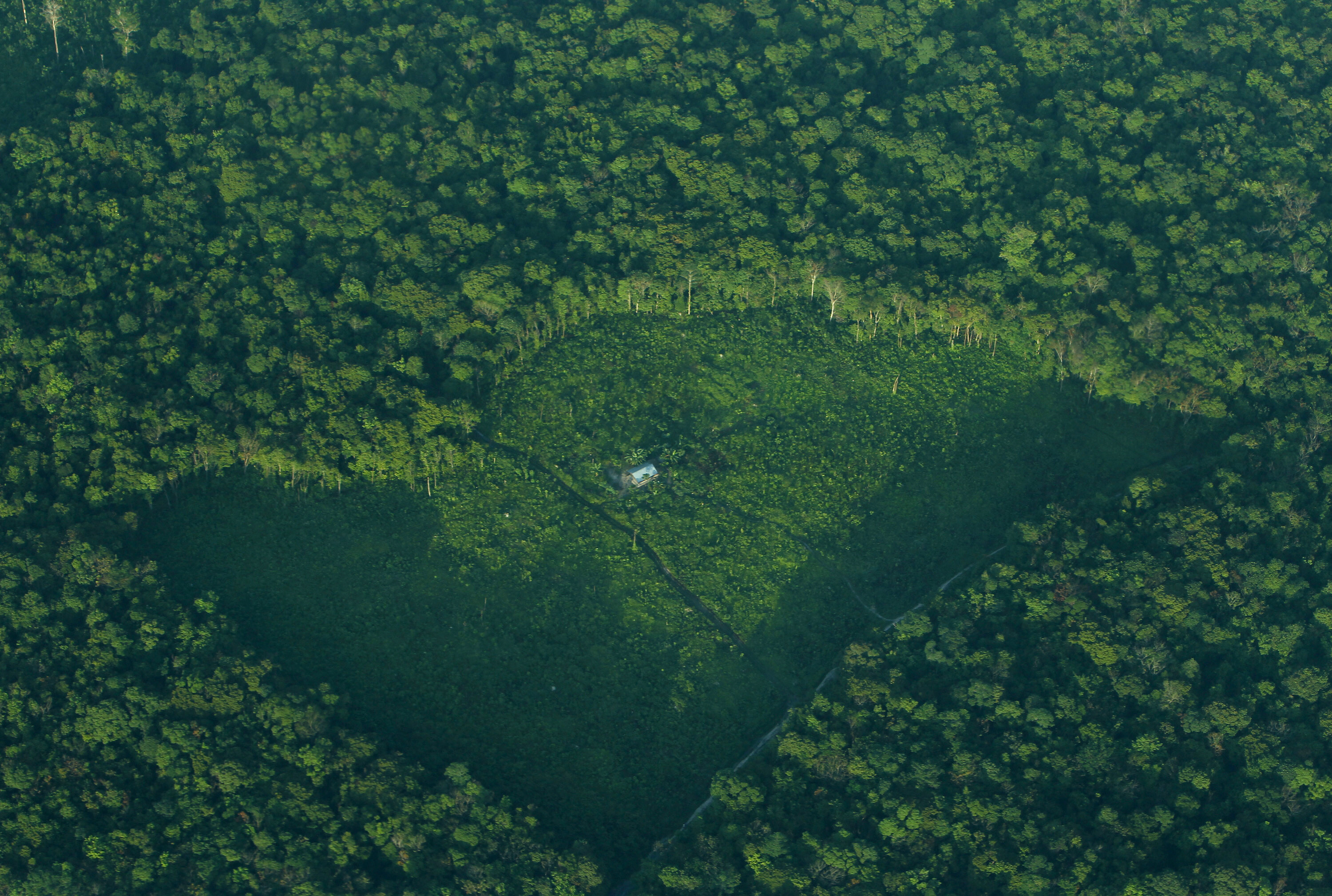5 things you’ve got wrong about Donald Trump, according to one of his closest aides

“I see Trump very differently than maybe you guys see him,” Anthony Scaramucci told participants in Davos Image: REUTERS/Joshua Roberts
When Donald Trump was unexpectedly voted in as 45th president of the United States back in November 2016, many commentators predicted it was the beginning of the end for globalization.
After all, when he was running he promised to rip up trade deals, impose tariffs and throw up walls.
But according to Anthony Scaramucci, who from Friday will head up the White House Office for Public Liaison, that couldn’t be further from the truth.
“Trump could be one of the last great hopes for globalization,” the Davos veteran told participants in a session on the first day of the Annual Meeting.
By working to regenerate America’s dying middle class, Trump could paradoxically end up saving globalization: “If you can create rising wages in the US, you can create more purchasing power. And that virtuous circle of consumption will lead to global trade, and it will lead to more global peace, and more global prosperity,” Scaramucci argues.

That’s not the only thing Scaramucci thinks many of us have got wrong about the next US president.
On the campaign trail, Trump made headlines for his China bashing, accusing the Asian superpower of currency manipulation, protectionism and even inventing climate change. It’s left many people worried that US-Chinese relations will take a turn for the worst under a Trump administration.
Nonsense, Scaramucci told participants: “China and the US have a common cause, and we have to have a strong bilateral relationship. We don’t want to have a trade war. We want a process of free and fair trade.”
Until now, he noted, American trade relations with countries like China have been “asymmetrical” – that is, the US allowed goods and services to flow freely in, and did not always insist that this was reciprocated. “All we’re asking for now is to create more symmetry in these trade agreements.”
European leaders were said to be “astonished” by Trump’s decision to label NATO – a military alliance established in 1949 – “obsolete”.
But according to Scaramucci, Trump’s point was more nuanced than most people realized. In fact, he was instead calling for a reform of an outdated institution.
“NATO was designed to fortify the Western European democracies against a communist threat… Today, though, the world is dramatically different than the world we lived in before.” And it’s because of these transformations that NATO must also change.
“He’s saying that if you look at today, 2017, maybe we need to focus less on combating communism, and more on potentially rejecting radical Islamic terrorism.”
He’s on several occasions spoken out against the European Union – just a few days ago, he described it as a “vehicle for Germany”, predicting that more countries will follow Britain and leave.
But just like with NATO, Scaramucci thinks Trump is actually simply calling for reform of what he sees as an out-of-touch institution.
“All the candidate was saying at that time is: ‘Maybe people in Brussels don’t know exactly the right policies that should be put in place in Manchester in the United Kingdom. And so now he’s saying, listen, get it right.’”
Trump has been accused of war-mongering, and has spoken about his plans to increase America’s nuclear arsenal. But that’s not the man Scaramucci knows.
“He’s not looking for a rise of militarism. If anything, he’s the exact opposite. I can remember, after someone was attacking him for itching to potentially push the nuclear button, he looked at me and said: ‘My God, I’ve got grandchildren and I’ve got children I love, I would be the last person that would want to do that.’”
And if Scaramucci is to be believed, the misgivings some people have about the incoming US president could soon disappear: “I see him very differently than maybe you guys see him, but I think over the next four years … you’re going to start seeing him more the way I see him.”
Watch the full session here.
Don't miss any update on this topic
Create a free account and access your personalized content collection with our latest publications and analyses.
License and Republishing
World Economic Forum articles may be republished in accordance with the Creative Commons Attribution-NonCommercial-NoDerivatives 4.0 International Public License, and in accordance with our Terms of Use.
The views expressed in this article are those of the author alone and not the World Economic Forum.
Stay up to date:
United States
Forum Stories newsletter
Bringing you weekly curated insights and analysis on the global issues that matter.
More on Global CooperationSee all
Sebastian Buckup and Maximilian Martin
November 13, 2025






